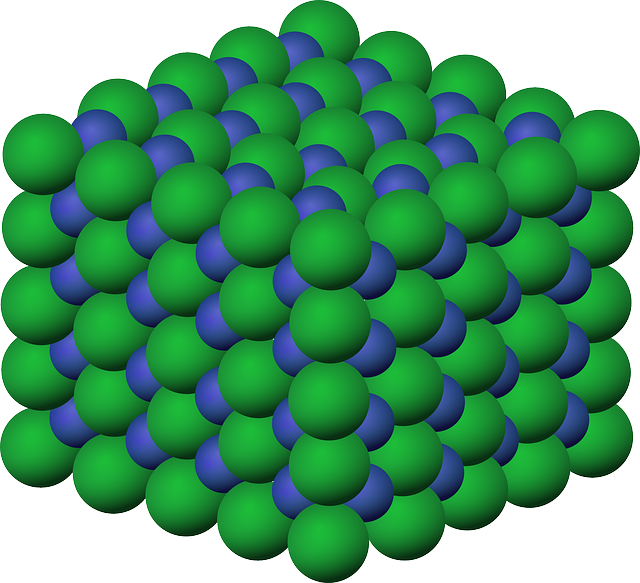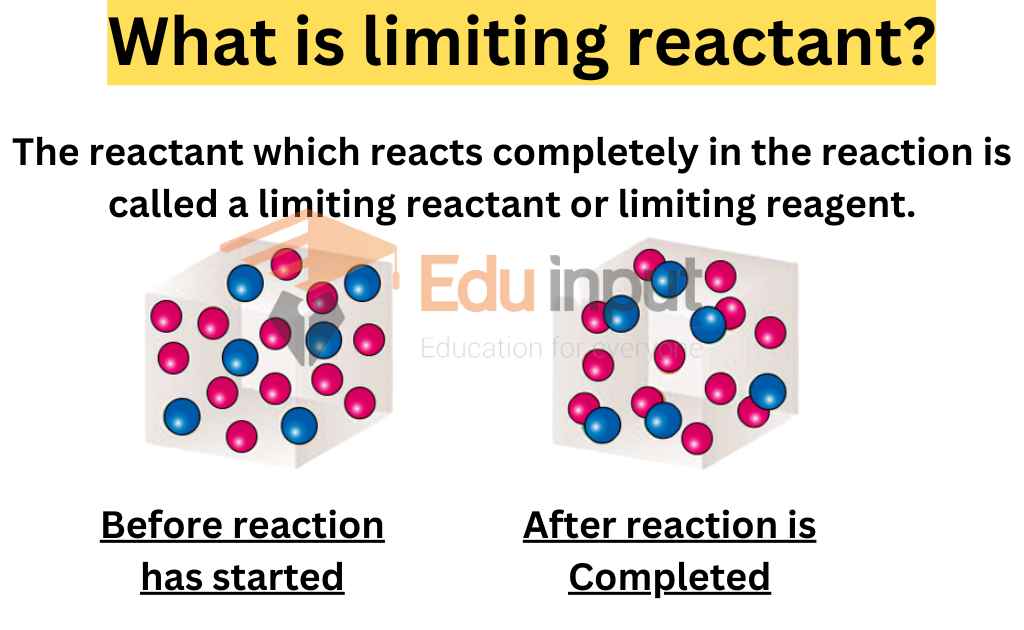What is heat capacity?
As per science, heat capacity is the measure of the amount of heat required to increase the temperature of a substance by 1 degree Celsius. So, what exactly is heat capacity and why is it important?
Heat capacity is a key concept in thermodynamics, which is the branch of physics that deals with the properties of matter and the transfer of energy. Heat capacity is a fundamental property of matter because it measures the energy that is released when heat is applied to matter.
Heat capacity is one of the two types of energy used to describe physical changes in matter, the other type being heat. Heat capacity is related to the specific heat of the substance, which is the amount of energy required to raise the temperature of a given mass of a substance by 1 degree Celsius.
Heat capacity plays an important role in many processes and plays an important part in the overall functioning of a cell. As heat capacity is the measure of how much heat is required to increase the temperature of a substance by 1 degree Celsius, it is important in the analysis of the energy content of various substances.
The heat capacity of a substance is often referred to as specific heat, and it is measured in units of calories per gram or calories per kilogram.
For example, when a molecule or atom gains or loses energy, its temperature increases or decreases. In order to be stable, the atom must absorb or release just the right amount of energy to keep itself at a certain temperature. In order to be able to do this, the atom needs to have a certain amount of thermal energy. Thermal energy is the energy stored in the movement of atoms.
It can be calculated by the formula:
Q=CΔT
Where Q is the heat energy required to bring about a temperature change of ΔT and C is the heat capacity of the system under study.
Specific heat capacity can be calculated by using the following equation.
Q= m c ΔT
in the above equation, q stands for heat, M stands for mass, C stands for specific heat capacity, and ΔT stands for change in temperature.
The symbol for the amount of thermal energy (kcal) is the same as the amount of energy stored in a lite of gasoline. When measuring the heat capacity of a substance, one of the important things to remember is that the temperature of a substance will increase or decrease at a certain rate, so we need to take the average.
We can use the equation to determine the heat capacity of the substance being measured.
The symbol for the heat capacity (J/g or J/kg) is the same as the amount of energy required to raise the temperature of a substance by 1 degree Celsius.
Heat capacity unity
Its SI unit is J/KgoC.
Examples of heat capacity
• The heat capacity of water is defined as the amount of energy needed to raise the temperature of one kilogram of water by 1 degree Celsius.
• The heat capacity of air is defined as the amount of energy required to raise the temperature of one kilogram of air by 1 degree Celsius.
• The heat capacity of a gas is defined as the amount of energy needed to raise the temperature of one kilogram of the gas by 1 degree Celsius.
• The heat capacity of a solid is defined as the amount of energy needed to raise the temperature of one kilogram of the solid by 1 degree Celsius.
• The heat capacity of a liquid is defined as the amount of energy needed to raise the temperature of one kilogram of the liquid by 1 degree Celsius.






Leave a Reply